Eighty years ago, in the run up to D-Day, King George VI and his prime minister, Winston Churchill, were caught up in an unseemly private squabble. Both men wished to accompany the combined Allied forces into battle, knowing that — as long as the initiative succeeded — it would be an unparalleled public relations coup. The King was swiftly forbidden to participate in such a risky act, but Churchill, not a man who listened to advice readily, attempted to be with the soldiers until the last moment, when he eventually acquiesced, not without grumbling and complaining.
To commemorate D-Day, King Charles has made two major speeches — by far his most significant public addresses since he revealed his cancer diagnosis earlier this year — and in neither did he see necessary to refer to the squabble between his grandfather and his premier. His own prime minister Rishi Sunak was present at the event in Normandy yesterday, as was his likely successor Sir Keir Starmer, but neither were allowed to upstage the monarch, who delivered a powerful and affecting speech that had the Queen, and no doubt many others, in tears. It reminded all those watching not only of the symbolic power of the event, but also that the King’s temporary withdrawal from public life earlier this year saw him much missed for both personal and ceremonial reasons.
Charles spoke, intelligently and affectingly, about how D-Day represented the finest hour that Churchill had promised his people. He cited Field Marshal Montgomery’s statement that “To us is given the honor of striking a blow for freedom which will live in history; and, in the better days that lie ahead, men will speak with pride of our doings.” Eight decades later, what the king accurately called “the greatest amphibious operation in history” is still being commemorated with ever-greater awe. The king spoke powerfully of how “It was by far the largest military fleet the world has ever known. Yet all knew that both victory and failure were possible, and none could know their fate” and stated that “At this remove, eight decades later, it is a near impossible task to imagine the emotion of that day: the pride of being part of so great an enterprise, the anxiety of in some way not coming up to scratch, and the fear of that day being their last.”
These are not the boilerplate commemorative words of someone reading a speech that some backroom apparatchik has drafted at the last moment. Anyone who has seen the unforgettable opening scene of Saving Private Ryan will know that D-Day — an event postponed for twenty-four hours because of bad weather, at vast potential cost in human lives — was by no means a nailed-on victory. To remember the young men preparing to go into battle with no certainty as to the outcome is an unfailingly powerful memory. These men needed someone who could rise to the occasion with regal brilliance to give them the dignity they deserved — whether they perished on the beaches of Normandy or lived to a ripe old age after the war — and the king did that with great integrity.
There are fears that the younger generation, especially, are beginning to lose sight or interest of what D-Day represented for our country. There was an admonitory note when Charles said “But our role is not purely passive: it is our duty to ensure that we, and future generations, do not forget their service and their sacrifice in replacing tyranny with freedom. Our rights, and the liberty won at such terrible cost, bring with them responsibilities to others in the exercise of that liberty.” Perhaps, if you strained your ears, there was the faintest bat-squeak of approval here for Sunak’s recently announced plans for national service. But this may be reading too much into a powerful, thoughtful and timely address.
He also stood alongside the French president Emmanuel Macron today to lay a wreath at the British Normandy Memorial at Ver-Sur-Mer and delivered another moving speech, in both French and English, in which he spoke of his pride that the permanent memorial commemorated the bravery of those who fought at D-Day. He cited the words of a veteran, George Betts, who suggested that a memorial should be built and on the day it opened, said “We left a lot of mates behind and now I know they will never be forgotten.” The king also reminded his audience of the words of King George VI, who called the liberation of Europe as begetting “a world in which goodness and honor may be the foundation of the life of men in every land.”
Some may disagree that such a thing has come to pass. Yet his grandson’s moving and entirely well-judged words, both yesterday and today, have reminded our nation how fortunate we are to have the monarch back on the scene at this most tumultuous of times.
This article was originally published on The Spectator’s UK website.



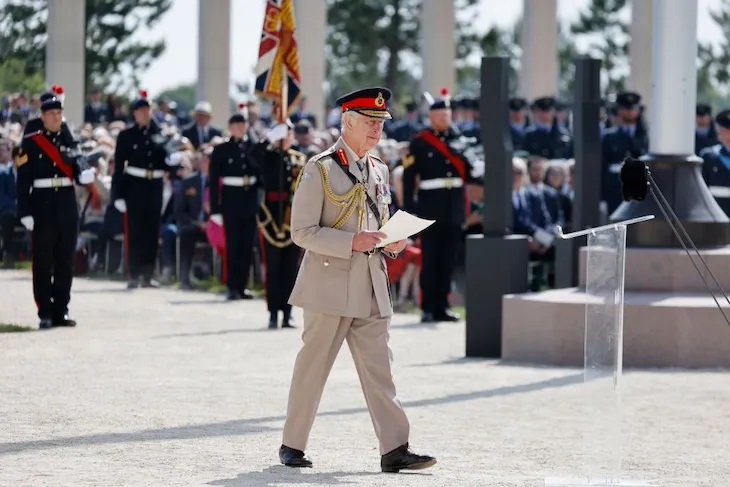






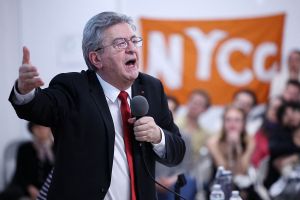

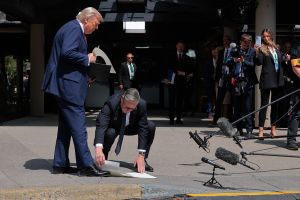


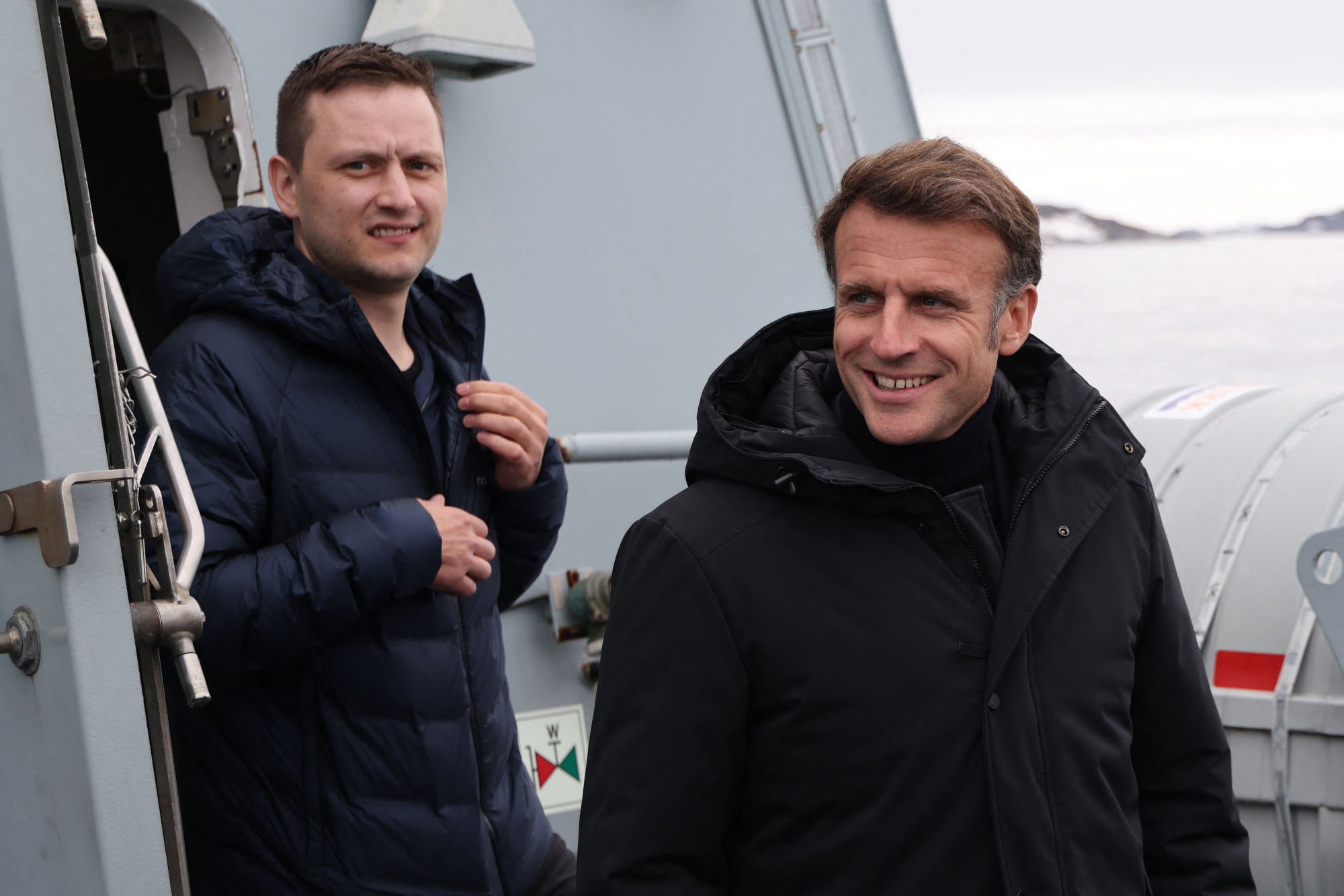
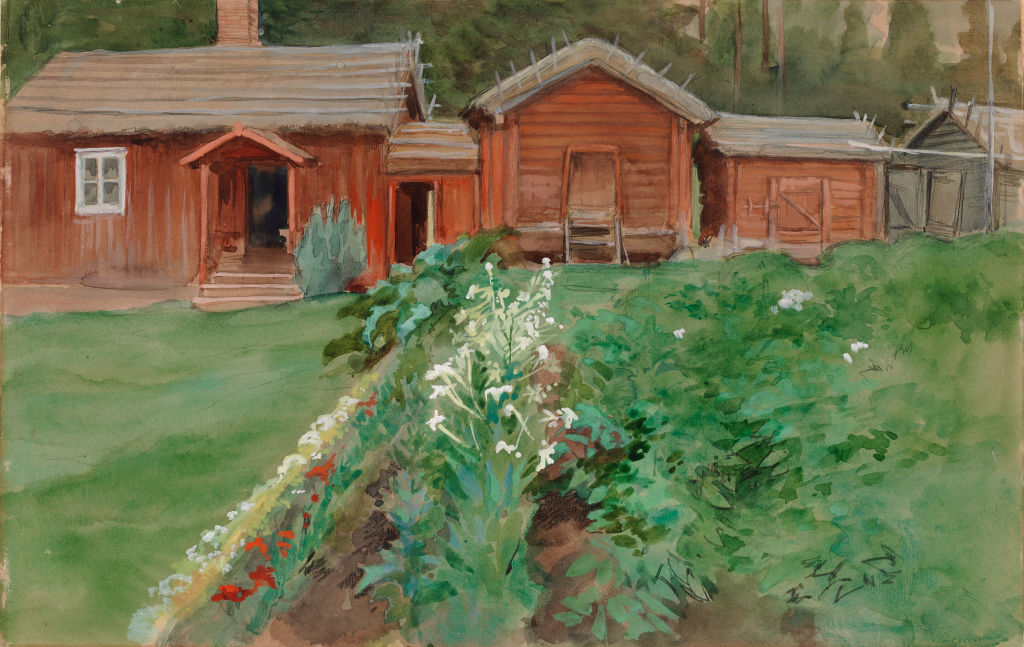
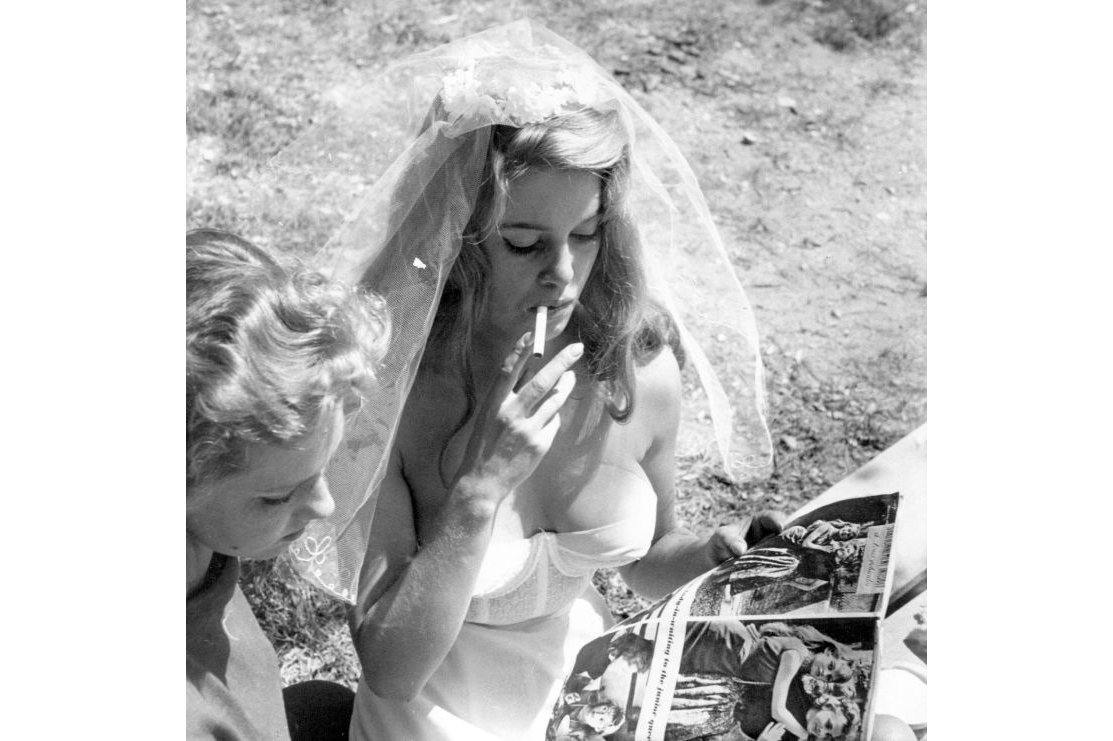
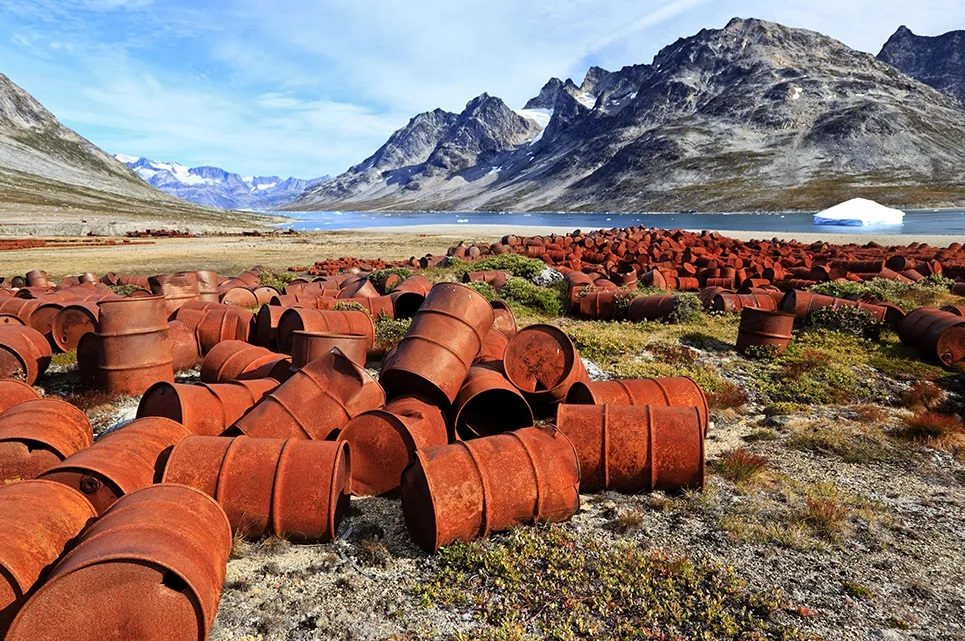







Leave a Reply